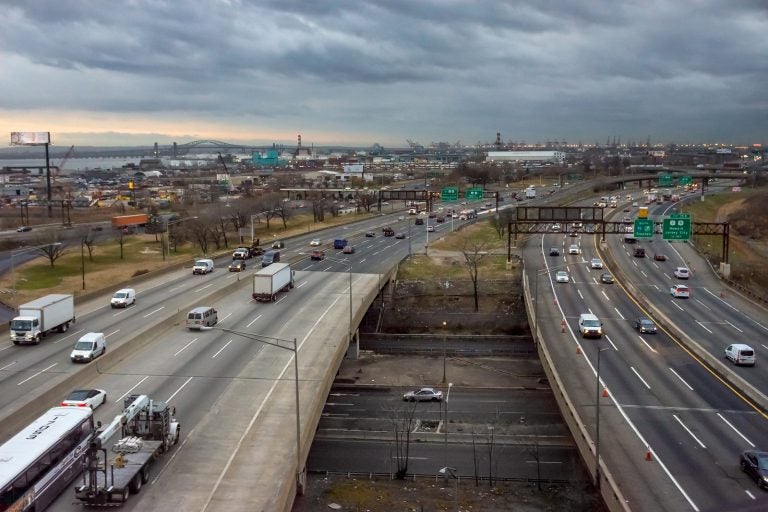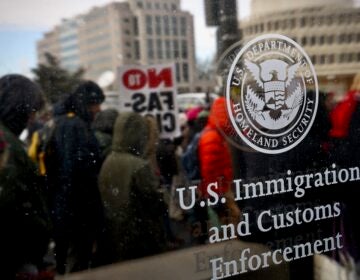Push to extend licenses to unauthorized immigrants resumes in N.J.
With Gov.-elect Phil Murphy ready to take office, proponents of allowing immigrants in the country illegally to get a driver's license are optimistic.
Listen 1:58
Advocates of the New Jersey proposal tout safety as a main advantage, arguing that unlicensed drivers have not been tested on the rules of the road and are less likely to have car insurance. (Andy Kazie/Bigstock)
Without a driver’s license, it’s hard to get around, to open a bank account, or to get into some government buildings.
That’s why some Democrats in New Jersey’s Legislature are renewing a push to create a new kind of license, one that would be accessible to immigrants living in the U.S. illegally.
Previous attempts have stalled, but the new effort occurs as Gov.-elect Phil Murphy prepares to take office Jan. 16. One of his campaign promises was to legalize such license.
“Gov. Christie made it clear he would not sign this legislation, and now we have the opportunity with Gov.-elect Murphy, who said throughout his campaign this was an important issue,” said Shane Derris, chief of staff for Assemblywoman Annette Quijano, D-Union, the main legislator driving the bill forward.
Twelve states and the District of Columbia have expanded driver’s license laws on the books, allowing them to accept a wider range of identification to issue a license. Critics of the license expansions raise concerns about fraud and the benefits of making it easier for people who violate immigration laws to live in the U.S.
The language of New Jersey’s bill is currently being tweaked, but previous versions called for accepting unexpired foreign passports and foreign driver’s licenses, among a long list of other documents, as proof of identity. Applicants will also have to show proof of residency in the Garden State.
Advocates of the bill tout safety as a main factor, arguing that unlicensed drivers have not been tested on the rules of the road and are less likely to have car insurance. More than 460,000 unauthorized immigrants of driving age live in New Jersey, according to the liberal think tank New Jersey Policy Perspective. In some studies, legal driving programs in California and other states coincided with a reduction in hit-and-run accidents.
Proponents of expanding government identification — from municipal identification programs like the one currently under consideration in Philadelphia to driver’s licenses — are also quick to point out that immigrants are not the only beneficiaries.
“We’ve been supportive of this bill for a while now, because of all the benefits it would bring,” said Xavier Torres de Janon, an organizer with the Camden location of Faith in New Jersey. Torres de Janon pointed out that senior citizens, survivors of domestic violence who can’t access their documents, and people who have been homeless could also have an easier time getting driver’s licenses under the law.
In order to work with a federal law called the REAL ID Act, which imposes tighter vetting for state-issued driver’s licenses, New Jersey proposes creating a tiered system. Licenses issued under the proposed “New Jersey Safe and Responsible Driver Act,” would contain a disclaimer on the front, and this language on the back: “This card is not acceptable for official federal purposes. This license is issued only as a license to drive a motor vehicle. It does not establish eligibility for employment, voter registration, or public benefits.”
The state would continue to issue full, federally-compliant licenses to qualifying residents.
Groups in favor of limiting immigration, such as the Federation for American Immigration Reform (FAIR), argue that these licenses send the wrong message.
“You have to question the logic of a program for people, who are not supposed to be in the country in the first place, that’s going to make it easy for them to reside here,” said Dave Ray, communications director with FAIR.
WHYY is your source for fact-based, in-depth journalism and information. As a nonprofit organization, we rely on financial support from readers like you. Please give today.




